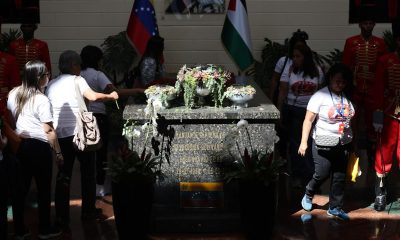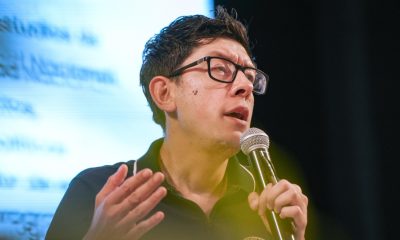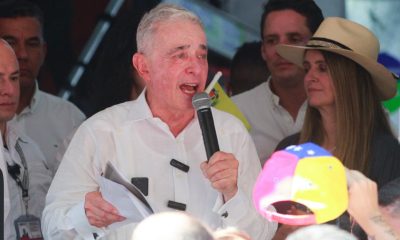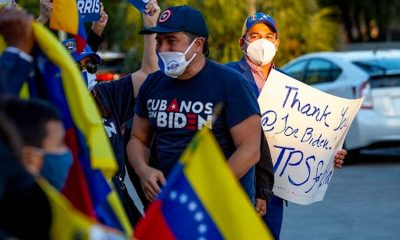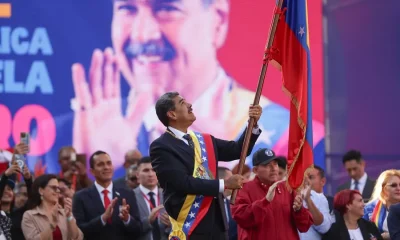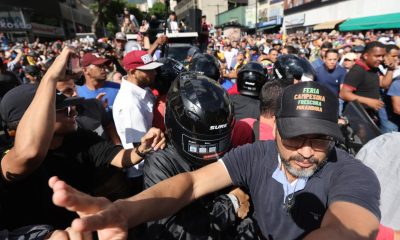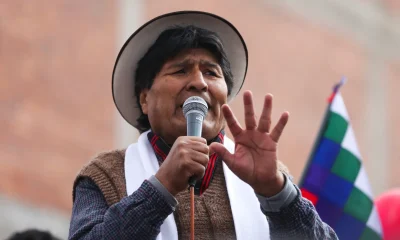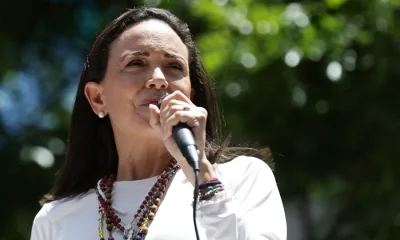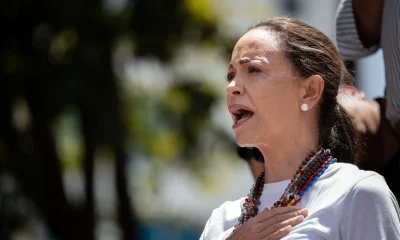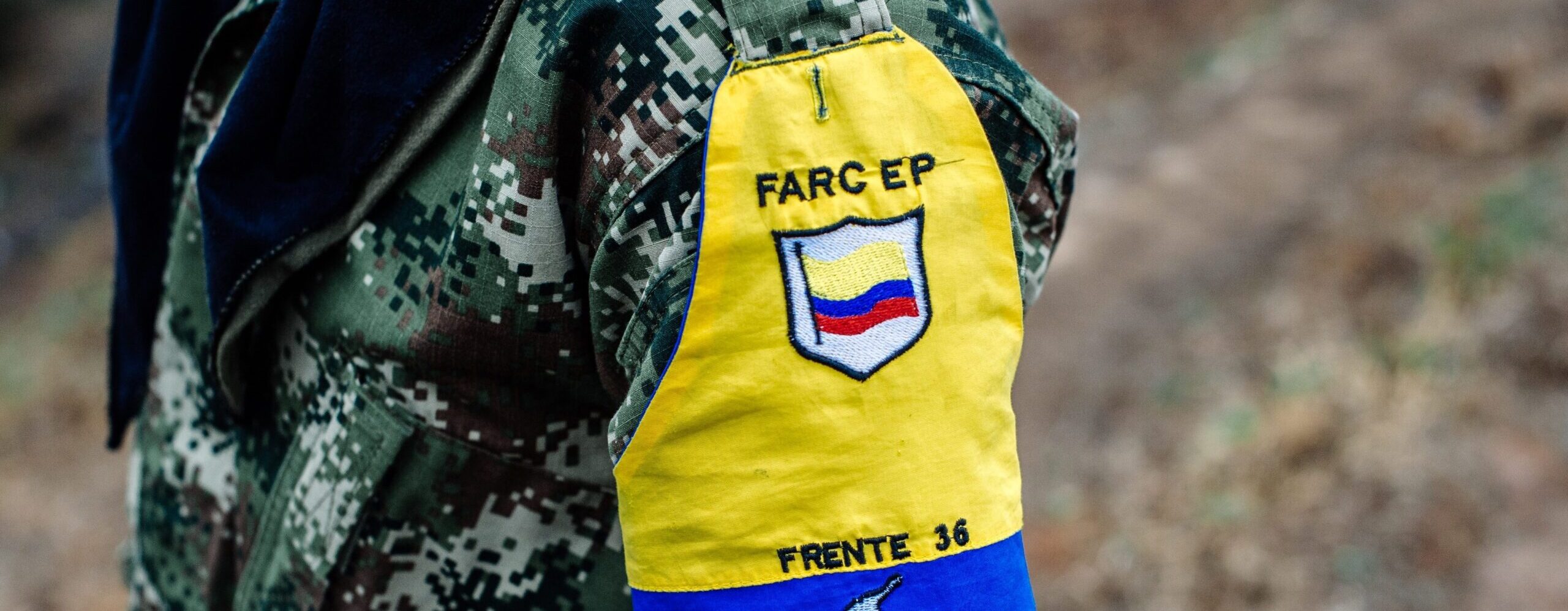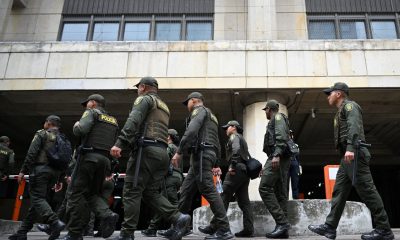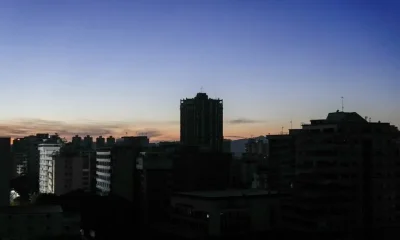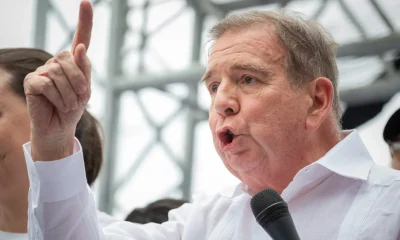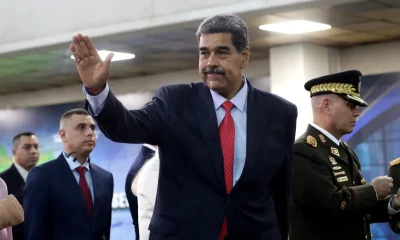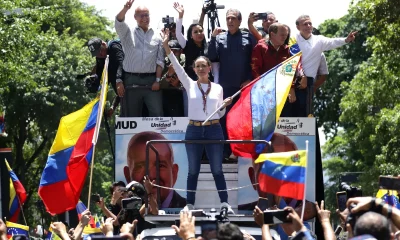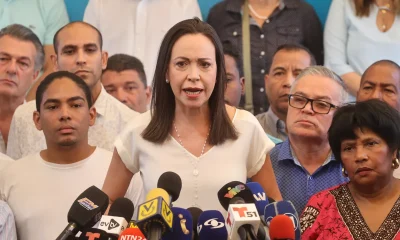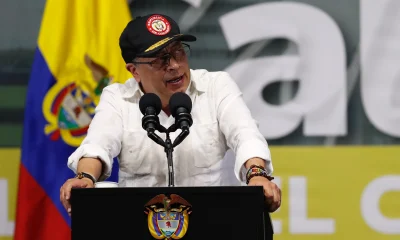International
Venezuela, Colombia finalize border reopening
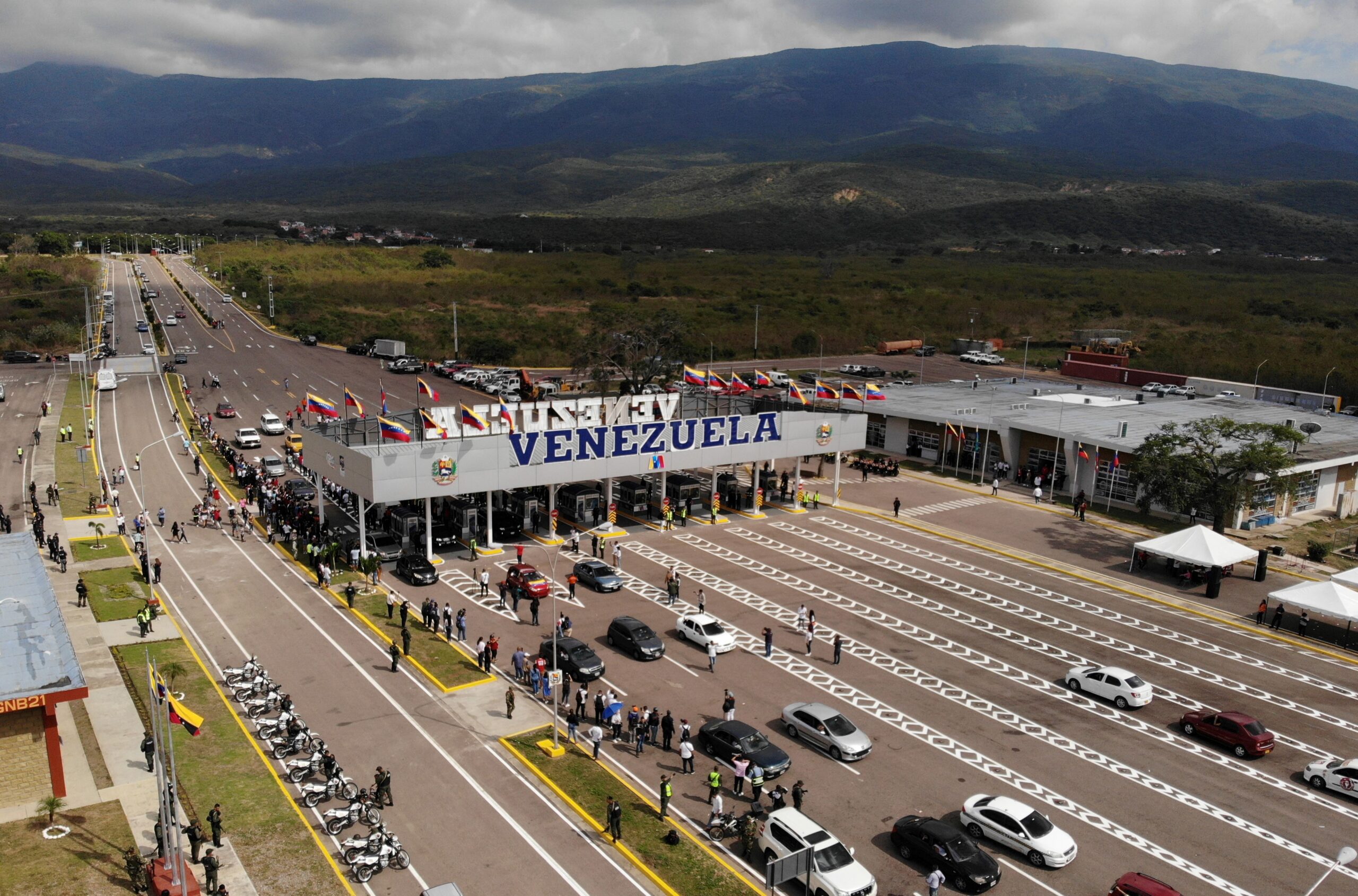
| By AFP |
Venezuela and Colombia reopened the last stretch of their shared border Sunday after settling a diplomatic dispute that had kept it closed for years.
Cars honked and passengers waved flags as vehicles with license plates from the two South American countries traversed the Atanasio Girardot bridge — previously blocked by shipping containers amid high tensions.
Also known as Tienditas, the bridge was the final step necessary for a full reopening of the border since the countries restored diplomatic ties last year.
A ceremony, which included a blessing by bishops, was held Sunday to reinaugurate the border crossing, with officials from both sides in attendance wearing white guayaberas and carrying balloons with their countries’ shared national colors — yellow, blue and red.
The neighbors share a 2,200-kilometer (1,350-mile) border through a region riddled with armed groups contending for lucrative drug trafficking and smuggling routes.
Transport over the border was partially closed seven years ago and then completely blocked in 2019 when Venezuelan leader Nicolas Maduro broke off diplomatic ties after Colombia under then-president Ivan Duque questioned his 2018 re-election.
Many other countries, including the United States, did not recognize Maduro’s victory in an election widely condemned as rigged.
After assuming power last year as Colombia’s first-ever left-wing president, Gustavo Petro immediately sought to re-establish ties with Venezuela and pushed to reopen the border.
On September 26, goods trucks were allowed through border crossings that had been open only to pedestrians.
Air links have also since resumed.
Restoring ‘brotherhood’
“We have taken important steps,” Maduro said in an interview broadcast Sunday on Venezuelan state TV.
Silvano Serrano, governor of Colombia’s Norte de Santander department where the bridge is located, said that “as a single territory, today we join the historical, cultural and social brotherhood that has always identified us.”
The countries hope to reinvigorate trade, which stood at $7.2 billion in 2008, but has since collapsed.
The Atanasio Girardot bridge connects the Venezuelan city of Urena with Cucuta in Colombia, and had been blocked by shipping containers placed there by the Venezuelan army.
Millions have left Venezuela in recent years, as the country suffers from a deep economic crisis that has seen poverty soar, with many settling in Colombia.
Venezuela is also one of the guarantors of ongoing negotiations between the the ELN guerrilla group and the Colombian government, which hopes to reach a peace agreement similar to the historic accord signed in 2016 with the Revolutionary Armed Forces of Colombia, or FARC.
On Saturday, Petro announced that a ceasefire agreement had been struck with the ELN and other armed groups that would last from January 1 to June 30.
International
Gates Foundation to close by 2045 as Bill Gates pledges to donate $200 Billion
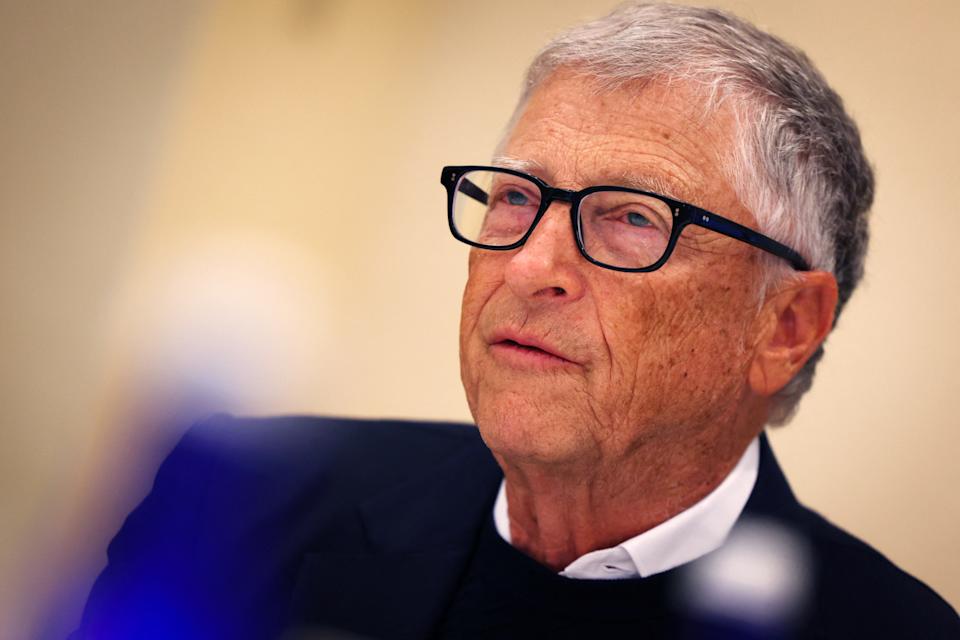
When Bill and Melinda French Gates established the Gates Foundation in 2000, they envisioned an organization that would continue its work for decades after their deaths. But now, Microsoft co-founder Bill Gates says he doesn’t want to wait that long to give away most of his fortune.
On Thursday, Gates announced that he plans to donate “virtually all” of his estimated $200 billion fortune over the next 20 years and will dissolve the foundation on December 31, 2045.
The announcement comes amid deep cuts by the Trump administration to funding for health, foreign aid, and public assistance programs — the very causes the Gates Foundation supports. The shift raises concerns about setbacks in global health research and critical development initiatives.
Gates says he wants to accelerate the foundation’s work in global health and equity, and hopes the move will inspire other billionaires to follow suit. In a blog post published Thursday morning, he emphasized that the foundation’s final phase should serve as a model for large-scale philanthropic impact.
This new pledge builds on Gates’s long-standing commitment to philanthropy. Alongside French Gates and Warren Buffett, he co-founded the Giving Pledge in 2010, which encourages billionaires to donate the majority of their wealth either during their lifetimes or in their wills. The campaign now has more than 240 signatories worldwide.
International
Bill Gates accuses Elon Musk of endangering the world’s poorest children
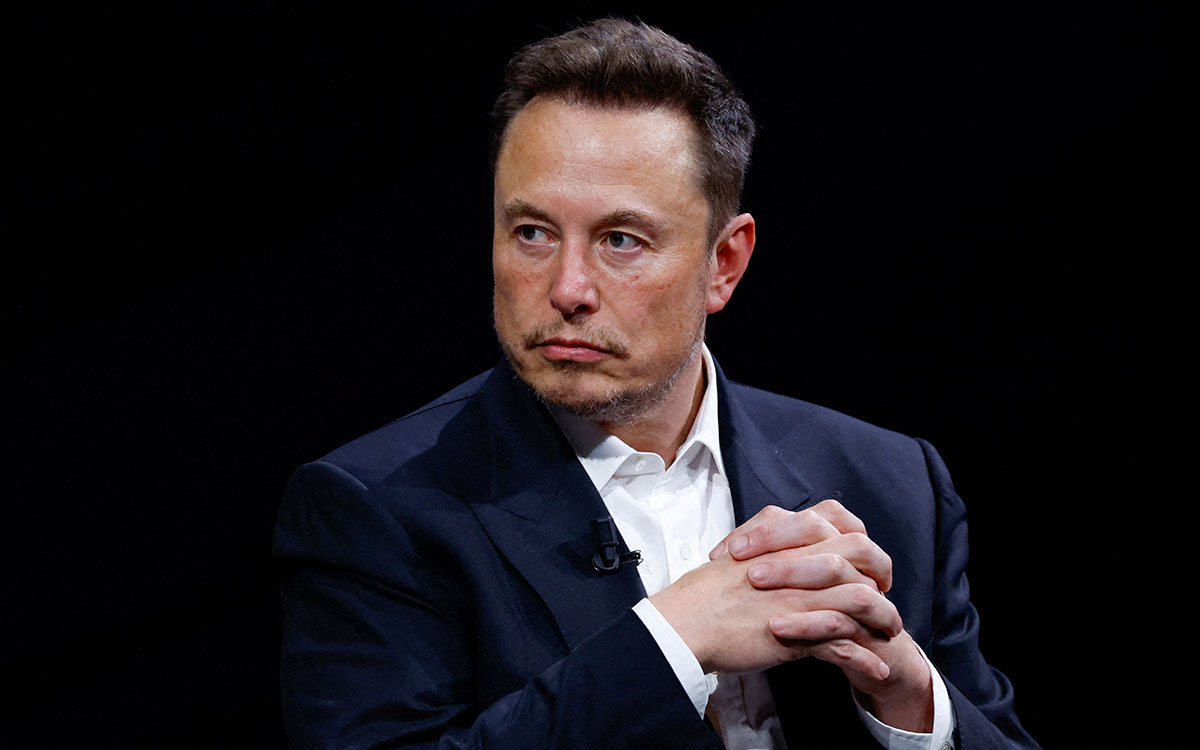
Bill Gates, co-founder of Microsoft turned global health philanthropist, sharply criticized Elon Musk in a recent interview with The New York Times, saying the tech billionaire is “the richest man in the world and is involved in the deaths of the world’s poorest children.”
At 69, Gates announced that the Bill & Melinda Gates Foundation will cease operations by 2045, and he urged the next generation of billionaires to step up. However, he expressed concern that today’s wealthy individuals are less committed to humanitarian work than they were two decades ago.
He cited Elon Musk as a prime example: “He’s the one who cut the USAID budget. He shredded it — all because he didn’t attend some party that weekend.”
Gates argued that Musk “could have been a great philanthropist,” but instead, “the richest man in the world is now contributing to the deaths of the world’s poorest children.” He pointed to how cuts to USAID have disrupted essential programs fighting HIV, malaria, and polio.
Gates called on the global elite to do more: “It’s not that we’re running out of rich people. There will be more, and they’ll reflect on what AI has done — or hasn’t — and what governments have done — or haven’t.”
Looking ahead, he urged future billionaires to commit to greater philanthropy, especially as his own foundation phases out: “The rich of today should do more. The rich twenty years from now should do more.”
Despite his criticisms, Gates maintained his trademark optimism. He dismissed fears that repeated U.S. administrations will continue cutting humanitarian budgets: “I don’t think there will be administration after administration slashing these things. If we look 20 years ahead, I believe we’ll continue reducing child mortality.”
Gates also expressed faith in artificial intelligence, suggesting it can provide medical expertise in remote regions on par with doctors with decades of experience — potentially even better than what’s available in wealthy countries.
International
VP JD Vance to World Cup visitors: “Enjoy the game, then go home”
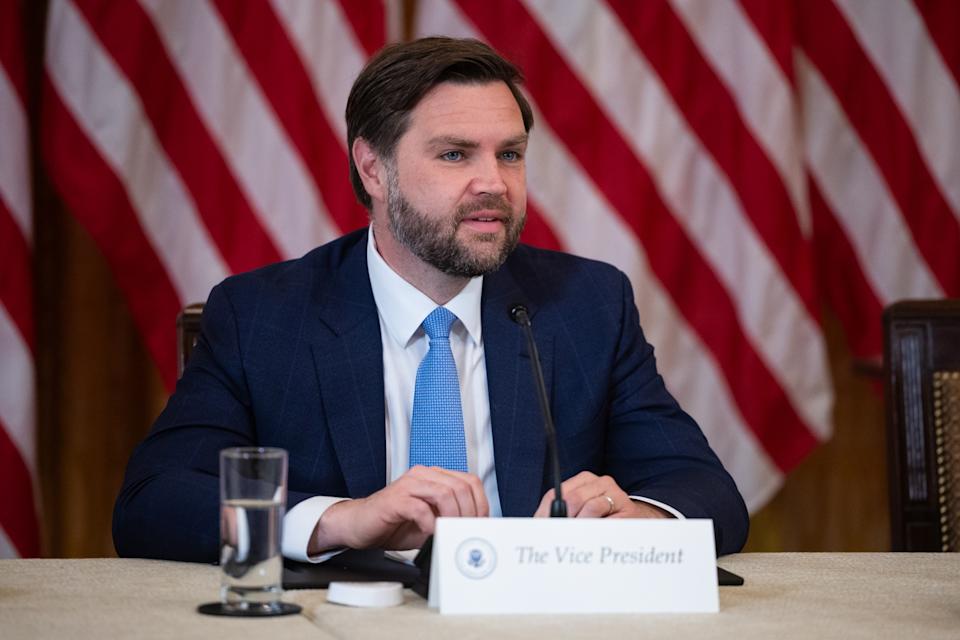
U.S. Vice President JD Vance issued a light-hearted but firm warning to international visitors planning to attend the 2026 FIFA World Cup, which will be co-hosted by the United States, Canada, and Mexico.
“We know we’ll have visitors, probably from close to a hundred countries. We want them to come. We want them to celebrate. We want them to enjoy the games,” said Vance during a press conference on Tuesday focused on the organization of upcoming major sporting events in the U.S.
“But when it’s over, they’ll have to go home,” he added.
Vance, speaking in a joking tone, also mentioned Homeland Security Secretary Kristi Noem, saying, “Otherwise, they’ll have to speak with Secretary Noem.”
The comment came during the first joint working session aimed at preparing for the 2026 World Cup, which will feature 48 national teams and take place across multiple cities in North America.
-
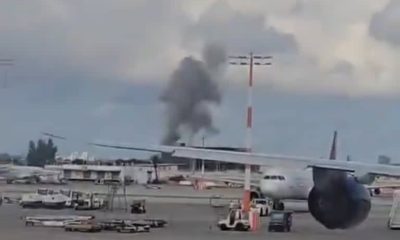
 International4 days ago
International4 days agoHouthis threaten israeli airports, urge airlines to cancel flights
-

 International4 days ago
International4 days agoAmerican Airlines sued after woman alleges sexual assault on flight
-
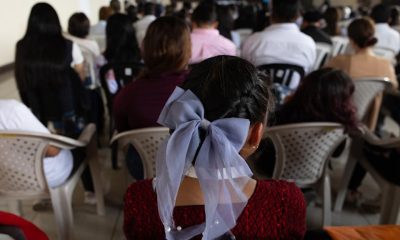
 Central America1 day ago
Central America1 day agoThousands of Guatemalan girls forced into motherhood due to sexual violence
-
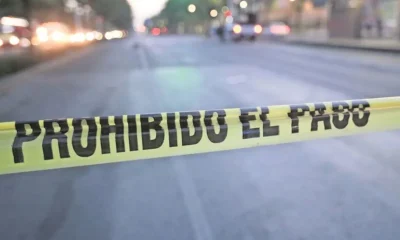
 International3 days ago
International3 days agoSinaloa Cartel faction leader ‘Chuy’ Guzmán Castro detained in Mexico amid rising violence
-
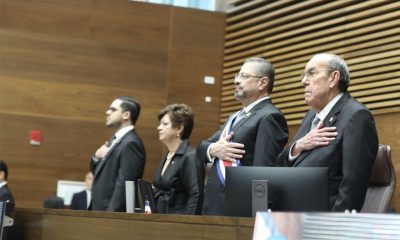
 Central America3 days ago
Central America3 days agoCosta Rica congressional leader warns of authoritarian drift under president Chaves
-
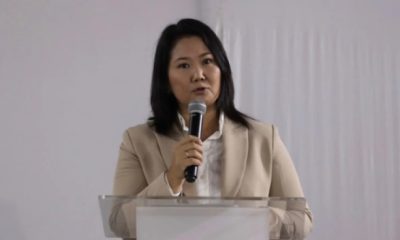
 International3 days ago
International3 days agoProsecutor José Domingo Pérez reinstated in Fujimori corruption case
-

 International3 days ago
International3 days agoSpain approves plan to reduce workweek to 37.5 hours
-
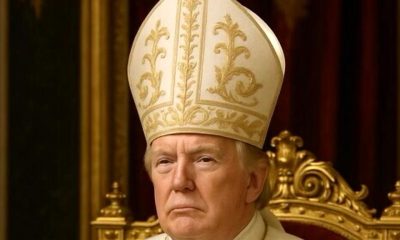
 International3 days ago
International3 days ago“Give me a break”: Trump defends AI image of himself as the Pope
-
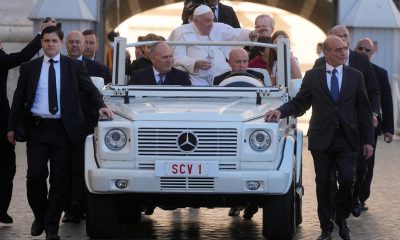
 Sin categoría3 days ago
Sin categoría3 days agoPope Francis donated Popemobile transformed into mobile clinic for Gaza’s children
-

 International3 days ago
International3 days agoSheinbaum rejects U.S. military presence in Mexico’s war on drugs
-
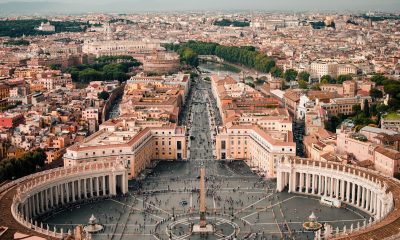
 International3 days ago
International3 days agoSins of the Vatican: Scandals, abuse, and a cardinal’s fall from grace
-
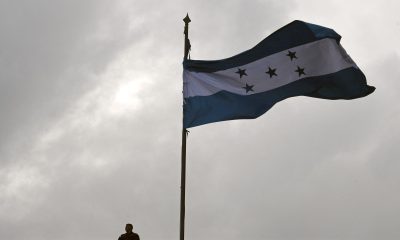
 Central America1 day ago
Central America1 day agoExperts urge action to protect democracy ahead of Honduras elections
-

 International1 day ago
International1 day agoLong wait at the Vatican: experts defend lengthy papal election process
-

 International1 day ago
International1 day agoXiomara Castro’s government vows to protect citizens amid threat reports
-
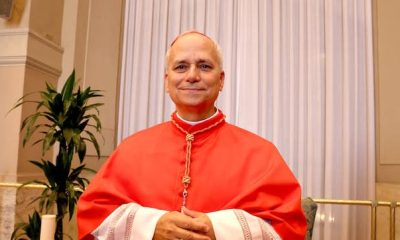
 Internacionales8 hours ago
Internacionales8 hours ago“A great honor for our country”: Trump congratulates Pope Leo XIV
-

 International7 hours ago
International7 hours agoBill Gates accuses Elon Musk of endangering the world’s poorest children
-
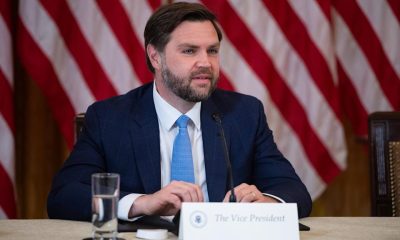
 International7 hours ago
International7 hours agoVP JD Vance to World Cup visitors: “Enjoy the game, then go home”
-

 International7 hours ago
International7 hours agoGates Foundation to close by 2045 as Bill Gates pledges to donate $200 Billion
-
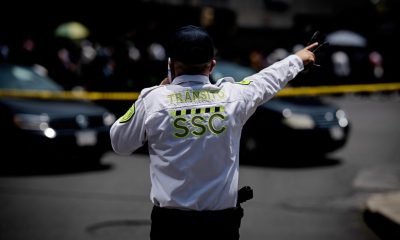
 International7 hours ago
International7 hours agoStrong winds cause stage collapse in Mexico City; seven hurt


















